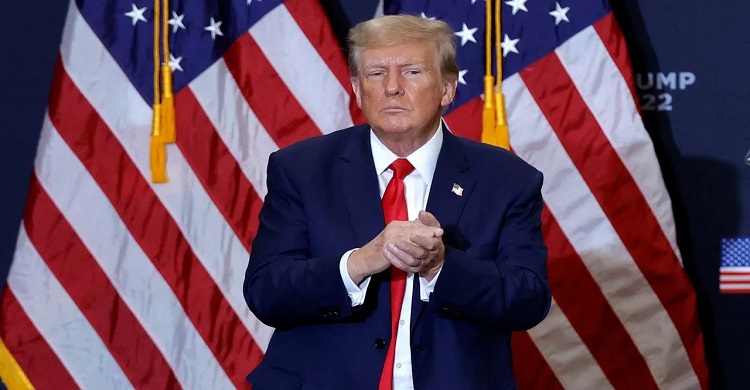- 01 January, 1970 00:00:00

Naogaon Correspondent: In Raninagar of Naogaon, 7 co...

Economy Desk: The government has approved the purcha...

International Desk: Donald Trump declared hims...

Sports Desk: Real Madrid should be called the ...


Comment ( 0)